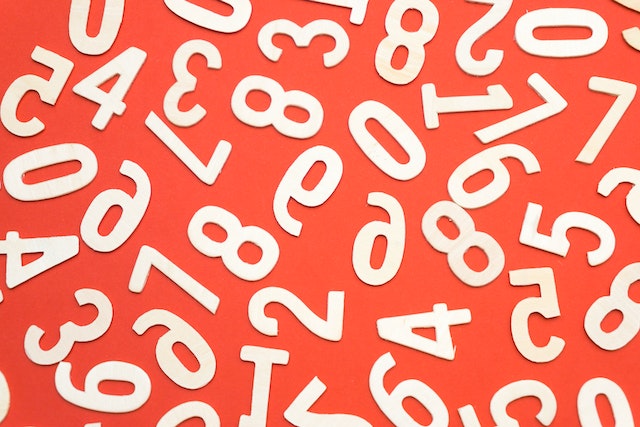In musicology work numbers that are assigned to compositions are called opus numbers. In abbreviated form “Op.” stands for one composition and “Opp.”refers to more than one work under the same opus number. If a composition was published posthumously, it was denoted as “Op. posth.” Opus numbers not necessarily mean a chronological order of works.
The word has its origin in Latin, where opus means work, labor. By musicians it is used from the 15th century, when Italian composers used this numbering for specific works. Interestingly, among German musicians initially it was used to mark sets of compositions, not individual works.
Opus numbers were usually assigned by the publishers and not the composers. Today, these numbers are not used, only a few composers still keep the tradition living. Instead, naming the composition, adding year and album name is how contemporary composers work.
Example for using the opus number:
– Beethoven Violin Sonata No. 9, Opus 47
– Beethoven Violin Sonata No. 6-7-8, Opus 30/1/2/3 (three sonatas under one opus number).







